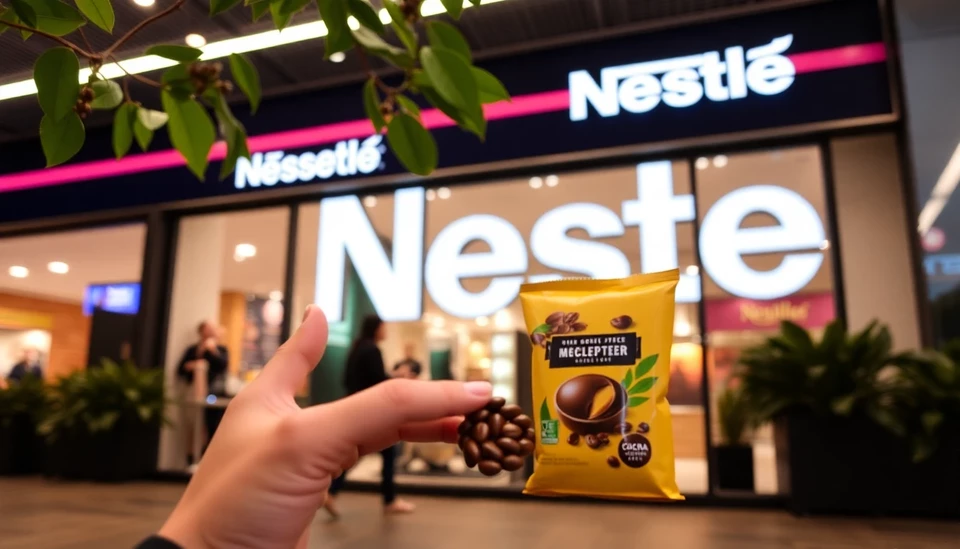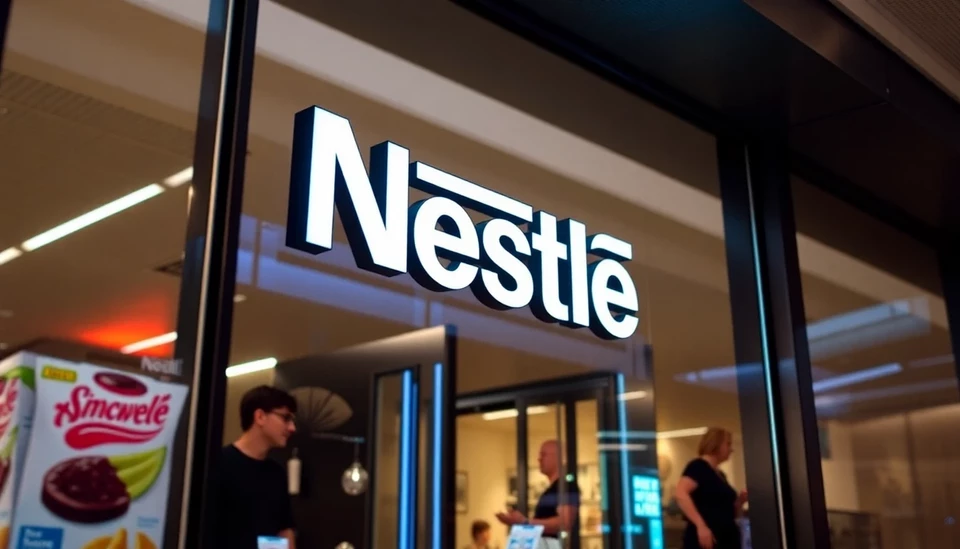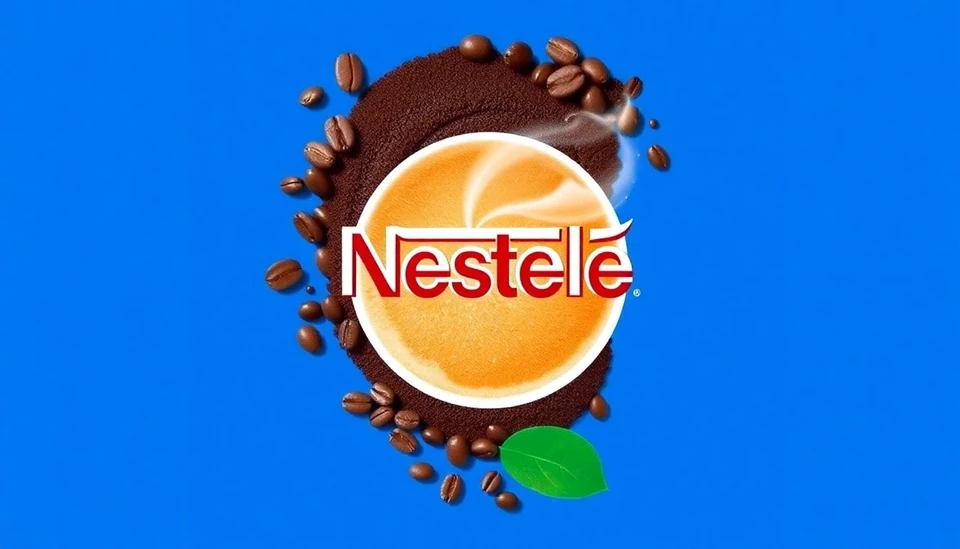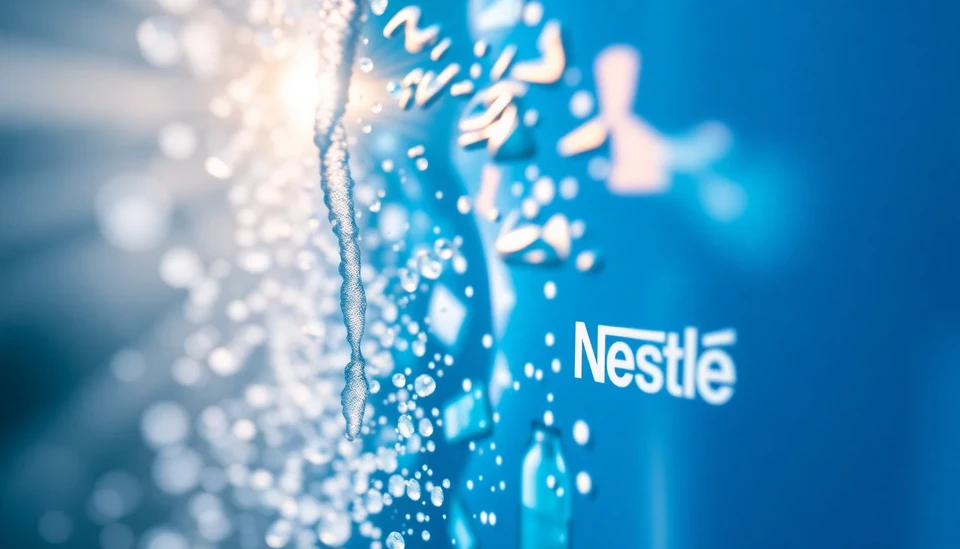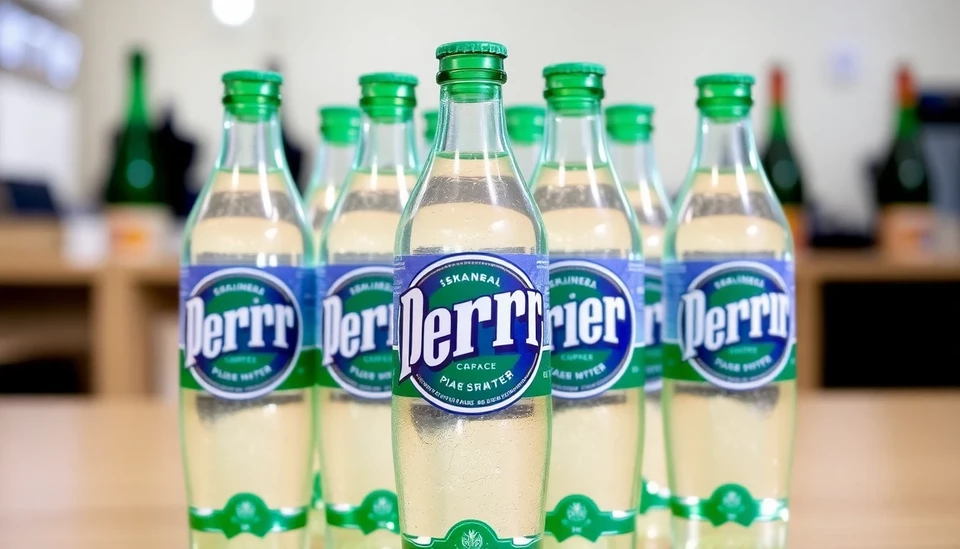
In a surprising development that could shake the bottled water industry, Nestlé, the global food and beverage giant, may have to cease its operations involving the iconic Perrier sparkling mineral water brand due to regulatory scrutiny regarding its filtering processes. This news has raised significant concerns surrounding the classification of natural mineral waters and the likely implications for other bottled water brands worldwide.
The crux of the issue arises from recent examinations by health authorities aimed at upholding strict definitions for what constitutes 'natural mineral water'. Perrier, renowned for its effervescent qualities derived from volcanic springs in France, has reportedly undergone certain filtration processes that some contend could alter its natural mineral content. This has led authorities to question whether it is compliant with the stringent standards laid out for mineral water, potentially categorizing it instead as a regular bottled water product.
The legal ramifications could be dire for Nestlé, which has been prolific in marketing Perrier as a premium mineral water option. If the company is forced to reclassify the brand, a significant shift in marketing strategy will be required, not to mention financial repercussions stemming from altered consumer perception and potential product recalls. Several other brands might find themselves in a similar predicament, facing increased scrutiny of their own filtration methods.
Consumer perception plays a pivotal role in this equation. For decades, Perrier has been synonymous with luxury and natural purity. Any indication that the product might not be 'natural' could erode consumer trust and loyalty, impacting sales severely. Industry experts are watching closely as the circumstances unfold, with many anticipating a ripple effect across the broader bottled water market.
As this situation evolves, Nestlé is reportedly working diligently to address concerns raised by health regulators. It remains to be seen whether the company can provide sufficient evidence to affirm that Perrier meets the required standards for natural mineral water, or if changes will need to be made either in product formulation or marketing strategy.
In light of such challenges, the repercussions for the bottled water industry at large are significant. With growing health consciousness among consumers and expanded regulatory oversight, companies may be prompted to closely evaluate their sourcing and production practices. The outcome of Nestlé's battle over Perrier could very well set important precedents for what constitutes mineral water moving forward.
While Nestlé grapples with these regulatory hurdles, they are also navigating the complexities of sustainability concerns as consumers increasingly prefer eco-friendly packaging options. The combination of these pressures highlights a pivotal moment for Nestlé and the bottled beverage sector, as companies strive to align product packaging and marketing with evolving consumer values.
As the situation surrounding Perrier continues to develop, industry watchers and consumers alike are eager to see the final outcome—whether Perrier will remain proudly classified as natural mineral water or join the ranks of other bottled beverages under different regulations.
With the spotlight firmly on Nestlé in the coming weeks and months, observers will be keen to see how the company responds and what changes, if any, they implement in their product lines to maintain compliance and consumer confidence.
Stay tuned for more updates on this ongoing story as the ramifications of this potential ruling could reshape the future of bottled water consumption and branding worldwide.
#Nestlé #Perrier #MineralWater #BottledWater #WaterRegulations #ConsumerTrust
Author: Victoria Adams
